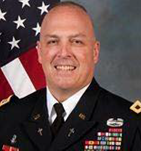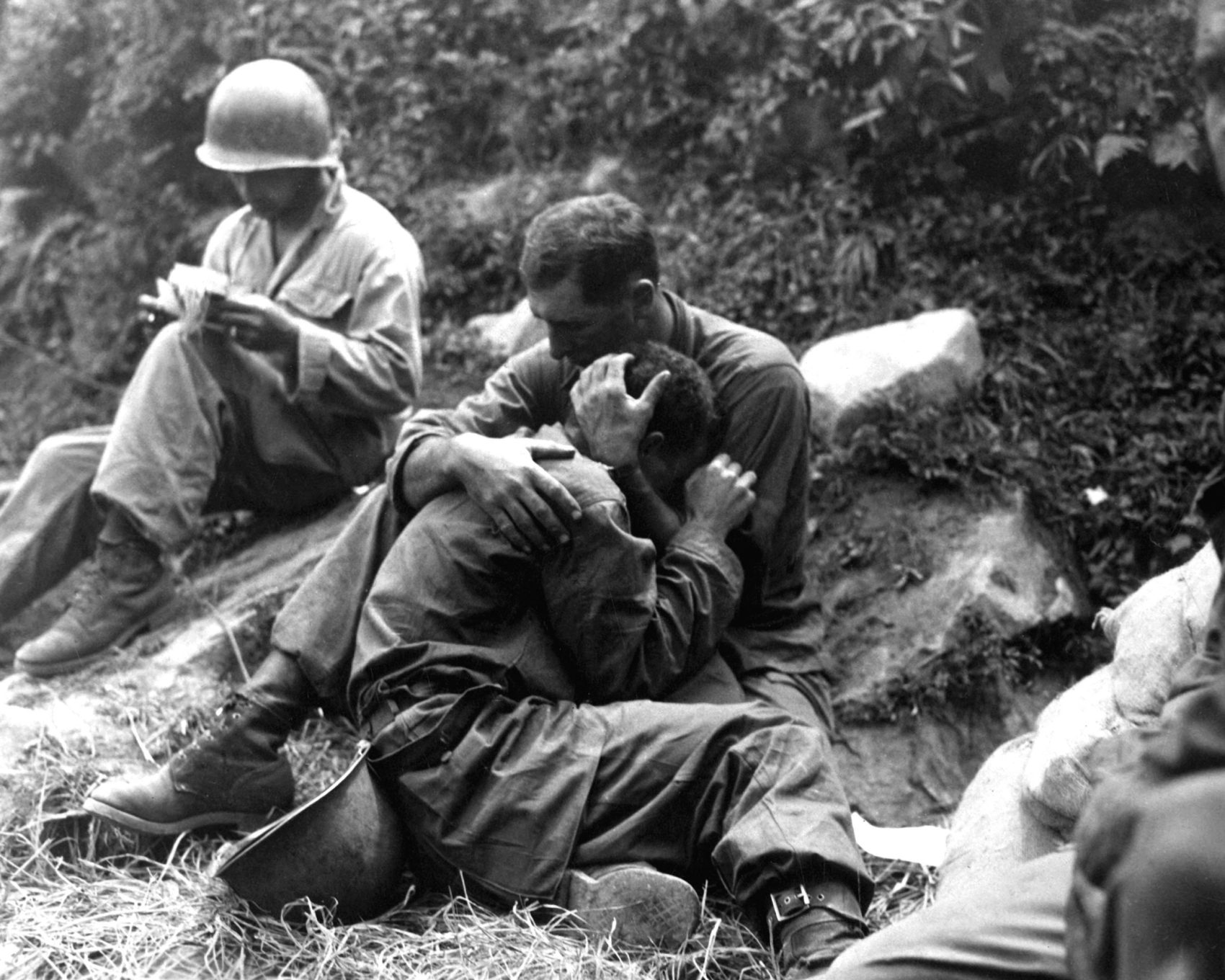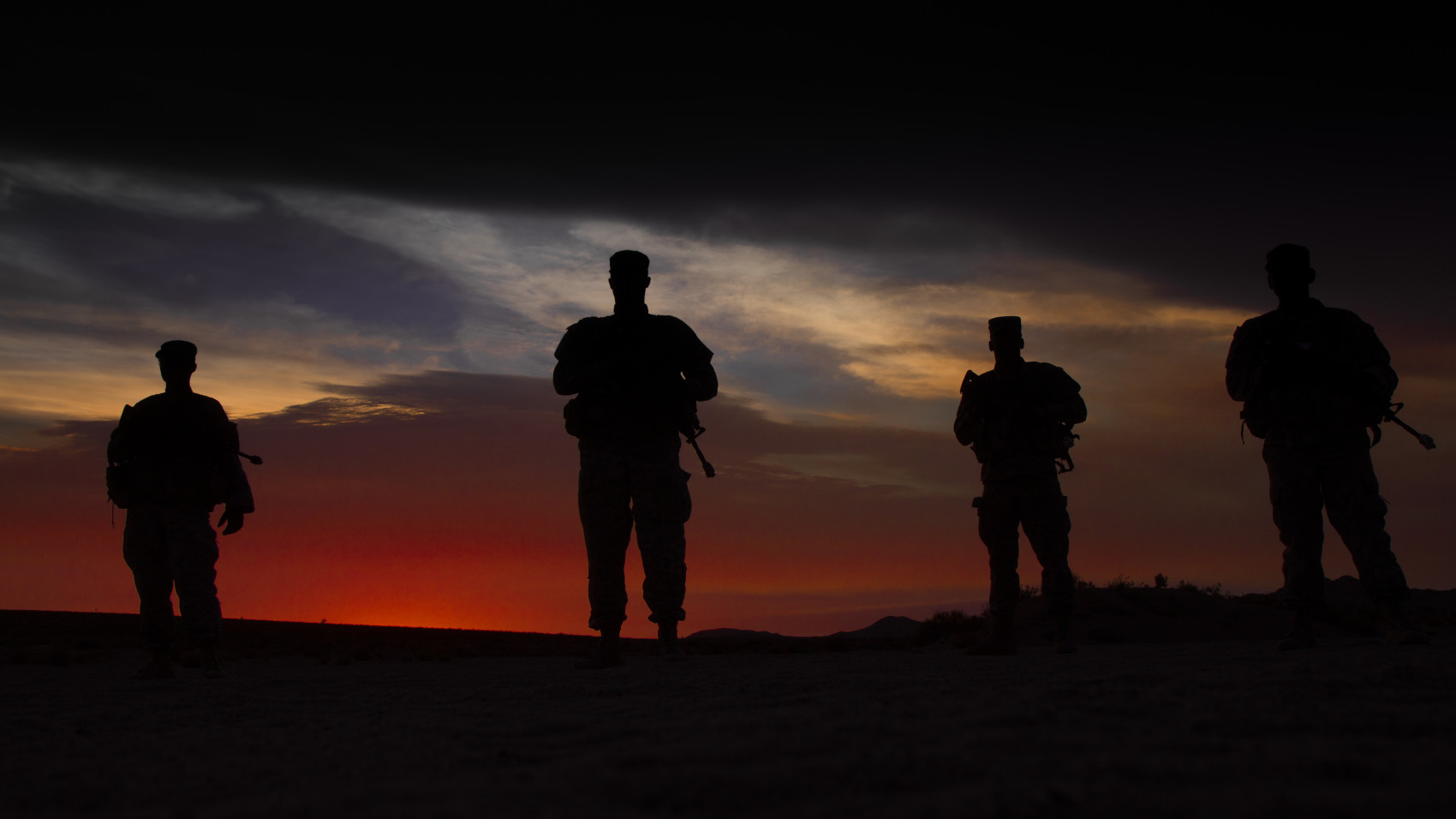Timothy Mallard
Chaplain (Colonel) Timothy Mallard is an Assistant Professor, Director of Ethical Development and College Chaplain at the United States Army War College in Carlisle, PA, where he received the 2022 “Excellence in Teaching” award. An Honorary Fellow of the University of Durham (UK), he is a Minister of Word and Sacrament in the Evangelical Presbyterian Church and holds a Ph.D. in Theological Ethics from the University of Wales Trinity Saint David as well as the M.S.S., Th.M., M.Div. and B.A. degrees. Additionally, he is a member of the International Network for the Study of War and Religion, the International Society of Military Ethics, and is a founding board member of the International Centre for Moral Injury. The Senior Editor of “A Persistent Fire: The Strategic Ethical Impact of World War I on the Global Profession of Arms” (National Defense University Press, 2020), he has also published over 100 articles, book chapters, and papers and is currently writing a book on the ethics of 21st Century warfare. His scholarly work encompasses: moral and ethical leadership in the profession of arms; ethical challenges of future war; moral and spiritual injury in warriors and families; the Just War Tradition; the geopolitics of religion, war and reconciliation; and religious liberty and healthy democratic societies. He is a certified Army Strategist and holds the Legion of Merit, the Bronze Star Medal (two awards) and the Combat Action Badge.




 Sponsor a student for Christianity & National Security 2024
Sponsor a student for Christianity & National Security 2024